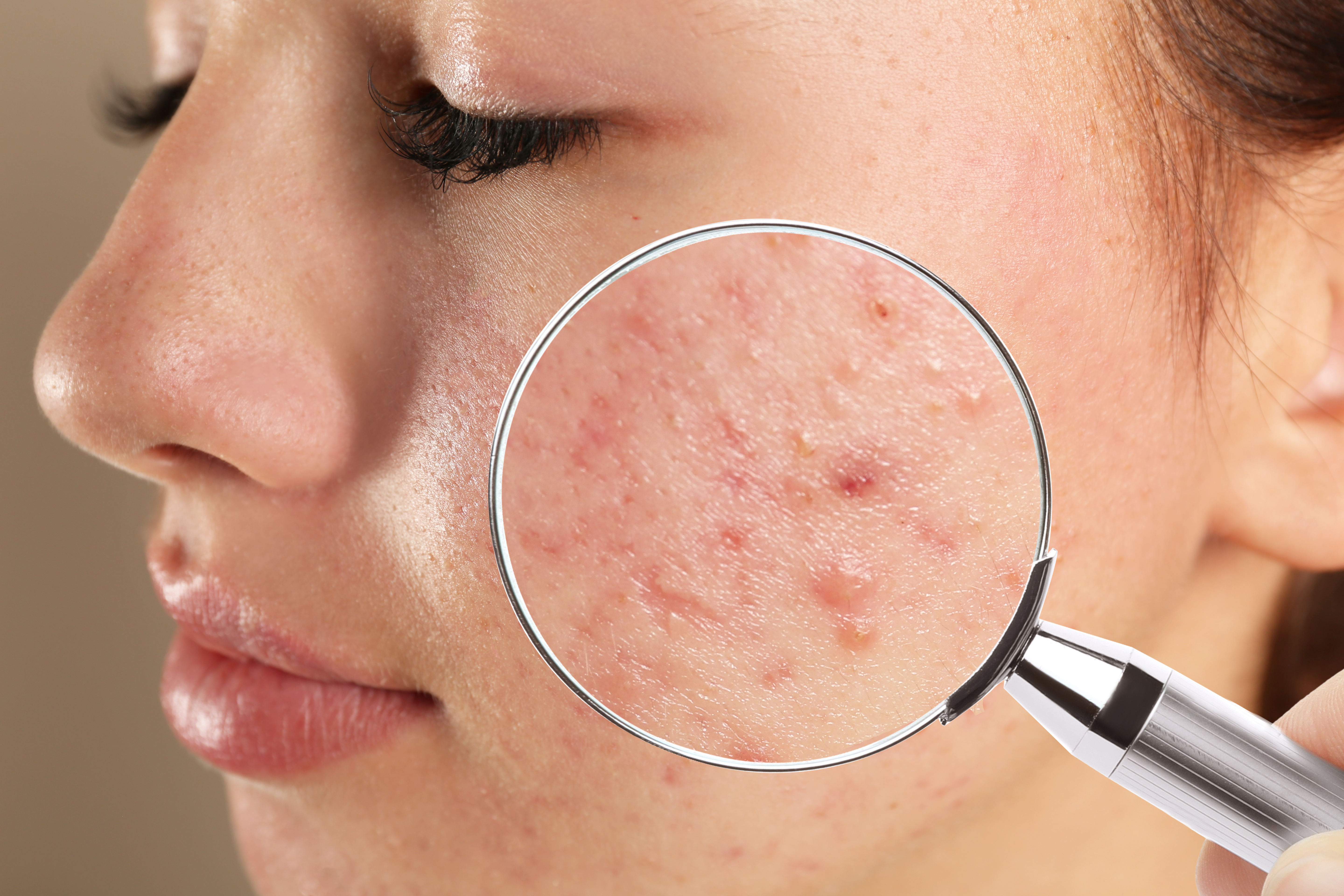After never having to deal with acne all my life, I was plagued with the terror that is hormonal acne. Growing up, and being a teenager, I was one of the lucky ones who never had to rack her brains about how to get rid of that pesky pimple or any stubborn breakouts. While my friends were busy trying out wacky DIY’s or applying toothpaste on their pimples, I was busy doing cooler stuff because I couldn’t be bothered about acne.
However, my joys were pretty shortlived when I turned 21. The devil that is acne decided to grace my life with it’s presence. For months, I wasn’t able to figure out exactly what was causing these random breakouts. I was following a strict diet without any processed food or junk, using only minimal makeup and following a dermatologist-approved skincare regimen. And then it struck me like eureka! Everytime my skin started to flare up, I was close to my monthly menstrual cycle. And boom, there it was, hormonal acne.
When I began dealing with this, I was extremely clueless about it. So in case you’ve been battling this concern, we got Dr Madhuri Agarwal, Founder and Medical Director of Yavana Aesthetics Clinic to give us a little insight into hormonal acne.
What is hormonal acne?
Hormonal acne is also known as adult acne. It is acne occurring post 25yrs of age. In the past, it was considered that post-24-25yrs of age one would not get acne. However, in the recent few years, we see acne breakouts suddenly flaring up in post 25yrs of age.
How is it different from other types of acne?
Hormonal acne is different from the usual teen acne as hormonal acne is seen mainly in the lower areas of face such as chin, jawline, sides of the face and upper neck. These acne breakouts most times present themselves as big painful nodules, cysts without any opening, it would last for days and then settle down with bad scarring. We usually don’t see too many blackheads or whiteheads in hormonal acne. The other feature is that it is usually around the time of your monthly menstrual cycle. So you may see it at a particular time every month.Hormonal acne could also occur around menopause time and pregnancy .
How exactly is hormonal acne caused?
The interplay and imbalance of hormones primarily estrogen and progesterone levels will lead to hormonal acne. At times ,testosterone levels are also affected by the imbalance contributing to hormonal acne in women.Stress hormone cortisol will lead to increase oil production and hormonal acne when the physical or mental stress levels are more than usual. So cycle disturbances,PCOs and bad lifestyle such as weight gain, poor sleep, junk food can all contribute to the hormonal imbalance.Certain medications like steroids or fertility treatments can aggravate acne.
Can one permanently get rid of hormonal acne?
It is not possible to permanently get rid of it as it is an inherent tendency and the susceptible hormones will react with hormonal acne. You can definitely achieve good control over it with the proper dermatologist guidance and lifestyle care that is customised as per your acne response.
What are the few ways in which this type of acne can be dealt with?
When it is hormonal acne never self-treat it. You need to consult a dermatologist to get the correct diagnosis. The dermatologist can advise oral medications such as antiandrogens, birth control pills, isotretinoin or other applications of medications after assessing the acne clinically.
Could you share a few dermatologist’s tips for the same?
You can look at your lifestyle changes and start eating the correct foods on time ( avoid sugary foods and dairy), sleep on time so the hormones are balanced, and exercise regularly to keep the weight in control and manage stress. Keep a check of your cycles such as changes in days, flow, etc.
You can apply products (such as face wash and spot application)) containing salicylic acid, sulphur and benzyl peroxide along with the acne treatment. Avoid overuse or drying the skin or extremely high concentration of acids. Use products that are non-comedogenic. Most importantly do not try self-extracting the acne at home as it can push it in deeper and worsen the problem.

